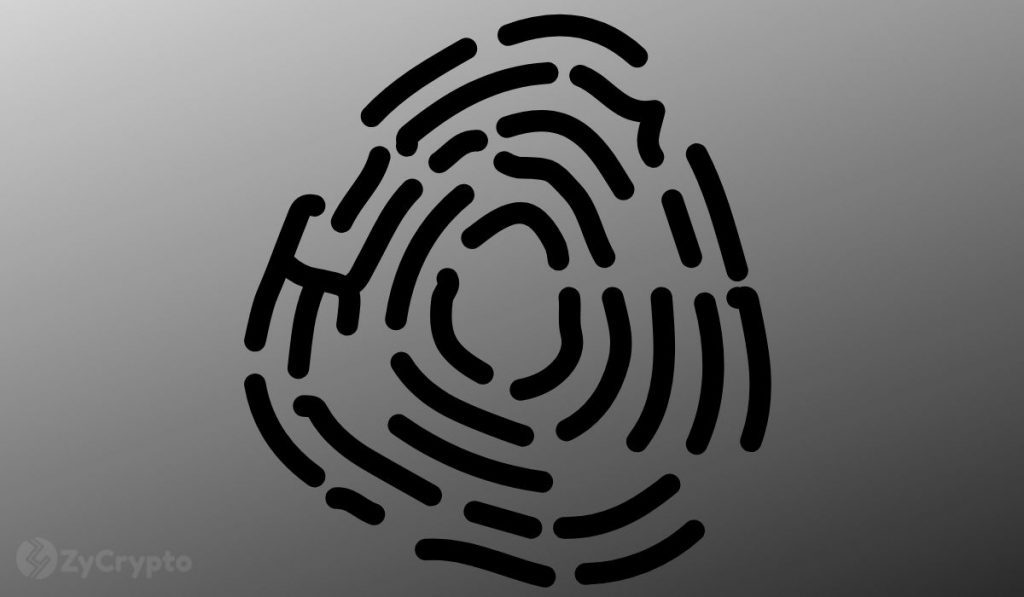- US Treasury Secretary resuscitates KYC for Crypto transfer rule.
- The rule requires all crypto transactions with ‘non-hosted wallets to be reported promptly.
- FinCEN first proposed the KYC rule in 2020.
The US Government is planning to enact a know-your-customer (KYC) rule for all crypto transactions over the coming months. The rule requires all owners of ‘unhosted wallets’ — which are wallets without control from a centralized exchange — to report all daily transactions in excess of $10,000. Its official abstract reads:
“FinCEN is proposing to amend the regulations implementing the Bank Secrecy Act (BSA) to require banks and money service businesses (MSBs) to submit reports, keep records, and verify the identity of customers in relation to transactions involving convertible virtual currency (CVC) or digital assets with legal tender status (legal tender digital assets or LTDA) held in unhosted wallets, or held in wallets hosted within a jurisdiction identified by FinCEN.”
Steven Munchin, the former US Treasury Secretary, had first proposed this rule in 2020 after it reported close to $119 billion in crypto-related fraud and other suspicious activity, stressing the need for more identity surveillance to uncover underground practices within the sector. Part of the Financial Crimes Enforcement Network (FinCEN) KYC requirements includes names, addresses, licenses and other personal relevant information.
Janet Yellen, the current Treasury Department Secretary, added the White House will be considering implementing the deal, and it has already authorized the department to discuss the modalities in its semiannual agenda of regulations.
The $10,000 and $3,000 KYC reporting
Besides the $10,000 which is required for financial institutions to report on every unhosted wallet, The department also demands private individuals who make up to $3,000 daily transactions to report to FinCEN. These rules are known as the Currency transaction report (CTR) and the Counterparty Data Collection Rule respectively.
 
 
Back in January 2021, the commission had thrown open the idea for public discussion with many pro-crypto experts calling it an affront on the decentralization principle surrounding crypto, and an attempt to panel beat the cryptocurrencies into the mold of traditional fiat regulations. The FinCEN will have to treat these complaints squarely before drawing a roadmap for implementation, which it says will be due by August.
Among other things, the department will also look to broaden the definition of money to include digital assets that are not issued as legal tender.


